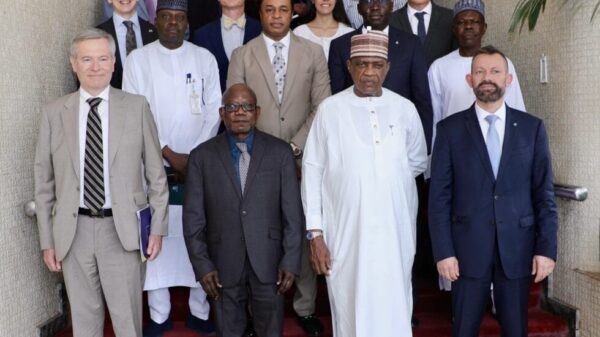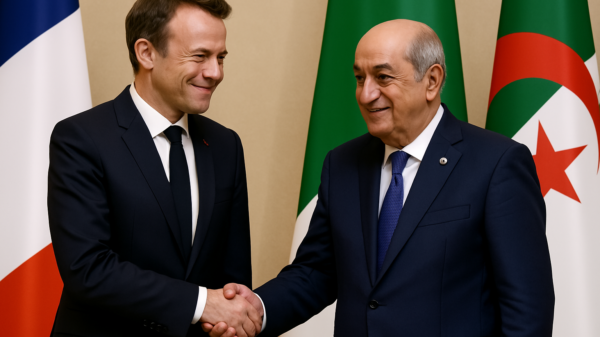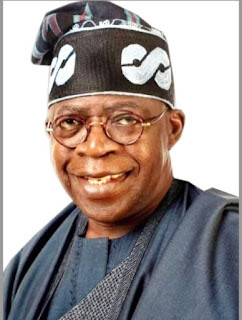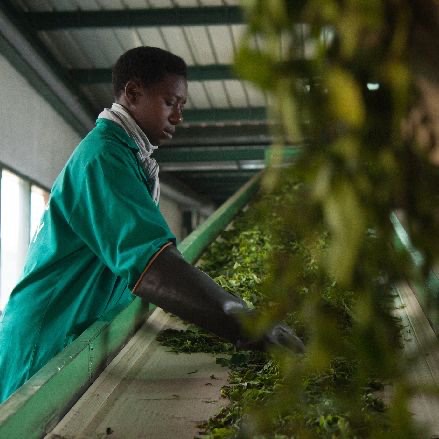Shobha Shetty,
Global Director for Agriculture and Food in World Bank has reported bringing together World Bank Group colleagues to redouble efforts, committing to $9 billion annually in agri-finance and agribusiness commitments by 2030.
This new approach aims to connect millions of unbanked farmers to global value chains and responds to a critical need for jobs in emerging markets.
The agenda of creating sustainable food systems has now risen to the highest possible level– and as the world’s largest financier of agriculture and food in developing countries with a $22.3 billion lending program over the last five years, the World Bank really has the potential to catalyze meaningful change.
When I look back at the past year, I can say we have taken action on a huge multi-sector agenda aiming to change how we produce and consume food for the better.
Firstly, we really stepped up our game in financing and technical support.
For example, about two-thirds (62%) of our portfolio is now climate-smart.
We have increased our financing for climate-smart agriculture eightfold since the Paris Agreement was signed.
Secondly, our Food and Nutrition Security Global Challenge Program (GCP) is now fully operational and being rolled out in countries.
Under the first action area of the GCP, we have now mobilized 12 partners to sign onto a global roundtable initiative to tackle food crises.
This means a much more proactive and coordinated approach when crises hit. We absolutely need a more predictable crisis response because we know that these short-term crises will continue to happen – even as we build long-term resilience in the meantime.
Thirdly, we are strengthening food and nutrition security in our client countries – leveraging $3.5 billion and scaling up work at the country level – according to our Corporate Scorecard we have supported over 200 million people with improved food and nutrition security and we are influencing over 40 governments around policy with repurposing of public policies and expenditures towards better outcomes for the planet and for people – up from 20 governments last year.
Over the last decade or so, we have reached over 13 million farmers with access to agricultural assets or services- so we have a solid base to start from.
I have three key priorities for Agriculture and Food here at the World Bank in the year to come.
Firstly, I believe through our new GCP and expanded partnerships, we will successfully mobilize much more coordinated action on food and nutrition security – playing a part in reducing the huge amount of fragmentation of overseas development assistance and better leveraging existing resources.
Secondly, I hope we can bring to scale solutions that can heal the planet, increasing crop per drop, expanding agroforestry, implementing alternative drying and wetting techniques to reduce methane emissions and more.
These solutions and innovations exist but they are not being brought to scale – it is essential that we bridge this gap. We are protecting biodiversity not from agriculture, but instead protecting biodiversity for agriculture.
We will only be able to feed our children, grandchildren and beyond if we protect biodiversity now.
To accelerate this agenda, we are increasing our focus on science, innovation and knowledge to accelerate and scale up proven innovations.
Through the Global Environment Facility (GEF)-funded Food Systems, Land Use and Restoration Impact Program, we brought together 150 stakeholders from country projects focused on sustainable rice value chains to foster dialogue and learning on best practices.
Through FoodSystems 2030-funded publication Recipe for a Livable Planet, we have also set out a clear pathway forward for countries to reduce emissions across the food sector. And through the Global Agriculture and Food Security Program (GAFSP), we are helping governments build the resilience of smallholder farmers and adapt to climate change, through activities like increasing access to climate-resilient seed varieties.
Since 2017, all GAFSP-funded public sector projects have delivered significant climate co-benefits.
The third key priority for the year ahead is to refocus on nutrition-sensitive agriculture and healthy and sustainable diets. The outlook for agriculture is not just about food, but about healthy food.
We have seen a 50-60% increase in malnutrition and obesity and the cost of unhealthy diets is 2.2% of global GDP.
We need to make healthy and nutritious food available globally – only then will we really tackle both food and nutrition security.
Finally, at COP28 in Dubai, the UAE Declaration on Food and Agriculture led to the recognition that food is just as important as energy when it comes to climate action.
I am hopeful that we will take the momentum forward into COP30 next year. Brazil is a hugely important country for changing how we do the business of agriculture, from restoring land, to protecting biodiversity and reducing emissions from methane generated by livestock.
As we move forward into 2025, we need to redouble efforts to make Nationally Determined Contributions (NDCs) more ambitious when it comes to the food transition.
We also need to increase our efforts with civil society and farmers groups to make this a just, equitable and inclusive food transition for those most affected, ensuring that smallholder farmers’ best interests are kept top of mind.




























